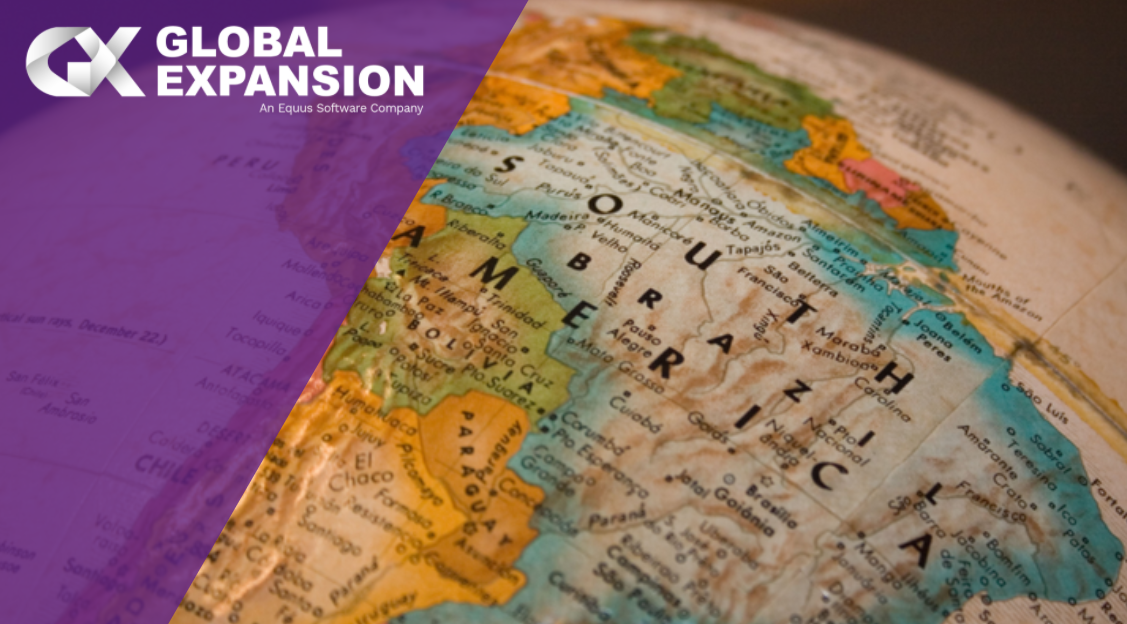21 | 05 | 21
Here is a comprehensive A-Z list of all the countries where employees receive 13th month pay. We outline what 13th month pay is and what you need to do next.

The more countries your organization expands into, the more complicated your HR and payroll process will become. For example, 13th month pay might not be a concept you are familiar with but in some countries, it is required by law.
This blog outlines exactly what 13th month pay is, where it is applicable and what your responsibilities are as an employer.
13th month pay is a salary benefit that can either be required by law or just customary in the countries that participate. If you hire international employees in a country where 13th month pay is normal, you will need to comply. Otherwise, you could be in breach of national labor rights.
The bonus is calculated on a person by person basis. Usually, it equals a full month’s pay or one-twelfth of an individual’s base salary but the exact calculation method can differ from country to country. Some consider an employee’s time at the organization, while others take an average of the previous three months' worth of pay.
13th month pay is typically exempt from taxation. However, larger payments that may exceed one-twelfth of an employee’s basic salary could be taxed as normal.
There is a misconception that 13th month pay is the same as a Christmas bonus that is common in many countries. Although it is often typically paid in December, it is not the same and an extra bonus is often awarded on top of it.
Employees with fixed monthly wages who have worked at least one month are entitled to 13th month pay. There are no additional criteria, like job role or existing salary, that are necessary.
Some employees are not entitled to 13th month pay. For example, employees in managerial positions or anyone who already receives the equivalent of one month’s salary in the form of a bonus will not receive it.
No matter how many overseas employees you have, it is important to know who is eligible for 13th month pay and other bonuses to avoid employee dissatisfaction and breaches of labor law.
In some countries, 13th month pay is a legal requirement. In others, it is not enforced by law but it is customary - this means employees will expect it all the same. When you are trying to find the best talent for your organization, keep in mind that employees may look elsewhere if they feel they are not valued.
If you have employees in any of these countries, then you should familiarize yourself with the exact HR and payroll laws. Each country has unique ways of determining the amount of pay and when it should be given to employees.
So, what should you do next?
If you have employees in any of the countries listed above, then you should already be well aware of what 13th month pay is and when employees will expect it. If you have not already, you should determine how payroll is structured in the country and whether or not calculations are based on four weeks or a month.
Typically, to work out 13th month pay, you take an employee’s monthly salary, multiply it by the number of months in the year they have worked and divide this figure by 12.
Keep in mind an employee’s salary does not include any added monetary benefits. Again, this may change for each country, so be careful when making any calculations, particularly if you have multiple employees in different countries.
If you are an organization planning global expansion or international hiring, then 13th month pay is an important consideration. You might need to weigh a country’s talent pool against any extra salary costs.
Payroll and HR are complicated processes to manage as your organization expands into new markets and across borders. Different time zones, labor laws, tax regulations and hiring procedures are some HR headaches you might encounter.
We recommend keeping things simple with the help of a Global Professional Employment Organization (PEO). We have created a free resource that outlines what a PEO is and how they will empower your global expansion plans.
In this guide, we outline how a Global PEO assists organizations with payroll, HR, global compliance, managing international employees and the process of entering new countries. It is a completely free resource packed with useful advice and expert insight.
Learn the value of a global PEO by visiting the link below and download a permanent copy, so you'll have the content to refer to whenever you need it.